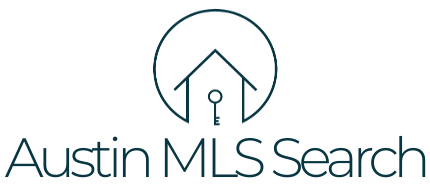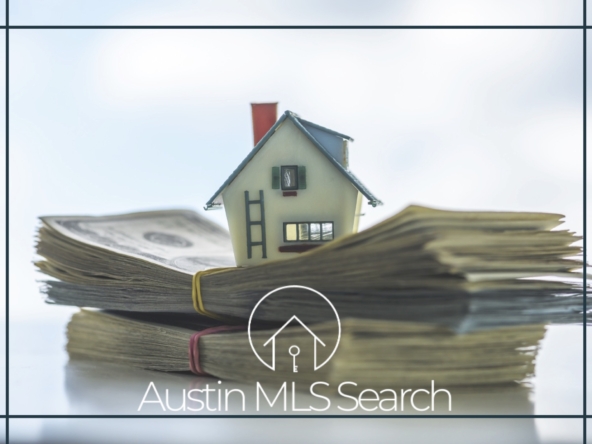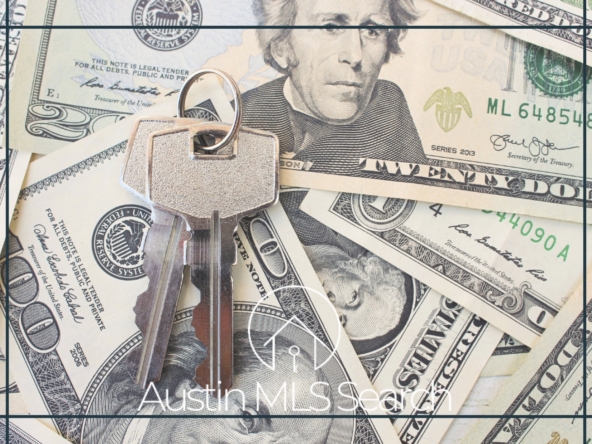Mortgage rates are increasing again. They just hit the highest rate since May 2019 at 3.92%. With a rate that high, almost 4 million qualified homeowners could reduce their mortgage rate by 0.75 percentage points. Should homeowners refinance their mortgage right now? We’re about to tell you!
Why Should Homeowners Refinance?
Refinancing a mortgage with a lower rate will save homeowners money since they will pay less money each month. If those same 3.8 million qualified homeowners can reduce their mortgage payments by $284/month or $3,408/year, they can save a total of $1 billion per month. Even just 750,000 of those homeowners could save almost $400/month, and 500,000 homeowners could save at least $500 or more per month.
Should Homeowners Refinance Now?
Mortgage rates have increased by almost an entire percentage point since the start of the year. Many economists predict rates will increase this year between 3.5% and 4%. Mortgage rates are rising and are expected to continue growing, so it would be a financially smart decision to take advantage of the low rates now.
The average 30-year fixed-rate loan is 3.92%. If homeowners can reduce their mortgage rate by 0.5% to 1%, then it’s worth refinancing. Let’s look at an example. If there’s a $300,000 balance on your mortgage and you refinance from an interest rate of 3.75% to 3.25%, a homeowner could save about $84/month or over $1,000/year. In the same scenario, if a homeowner reduces their rate from 3.75% to 2.75%, they would save $165/month or almost $2,000/year.
While dropping the mortgage rate is an excellent idea for refinancing, it’s not the only thing homeowners can change. If homeowners want to gain more equity in their home or pay off their home quicker, they can apply that same low mortgage rate to a 15-year fixed-rate mortgage to pay off the loan faster and pay less interest.
How To Calculate The Refinancing Costs
Besides assessing the current monthly payments, homeowners need to factor in the cost of changing the loan, like closing costs, and how long it will take to break even to recover those costs. Closing costs for refinancing include origination and application fees, appraisal and inspection charges, and title search fees. This usually runs about 3% to 6% of the total loan value being refinanced.
To determine the break even point, homeowners can divide their total closing costs by the amount they’ll save each month. The result is the number of months it will take to recover the costs. The smaller the number, the more sense it makes for a homeowner to refinance.
The last piece for homeowners to consider is the total loan length. For example, if a homeowner is 10 years into their 30-year mortgage and refinance into another 30-year mortgage, they’ll be paying a mortgage for 40 years instead of 30.
There are a lot of factors to consider when refinancing a mortgage, but if the primary reason for refinancing is reducing monthly payments, now would be the best time to refinance. View our recommended mortgage lenders here if you need help finding a credible lender. Any of them would be happy to help you refinance!




